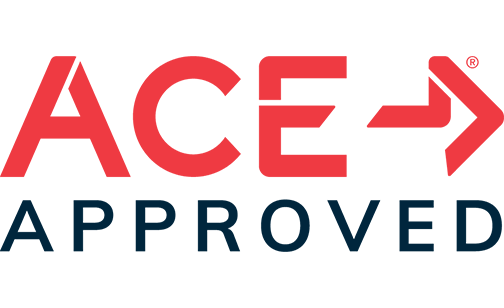A Look at Superfoods: Broccoli
- Lisa Wright Burbach
- Jun 21, 2016
- 3 min read
Superfoods: Broccoli

A 16 week look at Superfoods
This Week’s Featured Superfood: Broccoli
Broccoli is an amazing superhero of superfoods filled with vitamins, minerals and phytonutrients with only a small amount of calories per serving! You should definitely eat your broccoli! Broccoli retains the most nutritional value when eaten raw, but if you don’t care for it raw you can lightly steam it and retain much of the goodness!
Trivia
Did you know that Thomas Jefferson planted Broccoli at Monticello in as early as 1767?
The word broccoli comes from the Italian “broccolo” meaning “The flowering crest of cabbage”.
Broccoli was popular in Italy as far back as the 6th century, but was slow reaching the rest of the world.
Broccoli is a good source of both soluble and insoluble fiber!
What’s in it for me?
Potassium , 288 grams of potassium in one cup! That is a lot. Potassium, Helps the heart, kidneys, cells, digestive system, muscles, and regulates flood balance and blood pressure. Potassium has may help reduce the risk of stroke.
Vitamin C, one cup has 135% of the Daily Value- Good for eye health, cardiovascular health, repairs and regenerates tissue, decreases LDL, decrease triglycerides, is an antioxidant working against free radicals and may protect against certain types of cancer. Vitamin C also may help reduce the effects of nitrates in food and aids in the absorption of Iron.
Vitamin A 11-13% DV– Vital in the growth of bone, key for good vision, important for a healthy immune system, helps our skin and mucus membranes by protecting against bacteria and viruses and is helpful in reproduction.
Lutine -Zeaxanthin – may help prevent age related Macular Degeneration and cataracts and may help prevent clogging of the arteries of the neck and may help the health of your skin.
Protein – 4 grams. Protein serves as building blocks for muscles, bones, cartilage, skin, hormones, and enzymes. They increases satiety helping us feel more full.
Sulforaphane – An antioxidant, sulforaphane is thought to reduce the risk of breast, bladder, colon and prostate cancer!
Fiber – fiber is an important and necessary part of our diet and most of us don’t get enough. Known as roughage or bulk it is the parts of fruits, vegetables, whole grains, and legumes that our bodies can’t digest. We need both soluble and insoluble fiber to be health. soluble fiber dissolves in water and becomes gel like and helps our glucose levels and cholesterol. insoluble fiber helps our digestive system move along and bulks up our stool. fiber helps our bowl movements be regular, lower cholesterol, maintain blood sugar levels, and provide satiety which can help control our weight.
Summary: Eating broccoli may help lower cholesterol, reduce the risk of certain cancers, is good for the immune system, may improve blood pressure, kidney function, and heart health! Pile it on!!
Recipes
Garlic Parmesan Roasted Broccoli – Damn Delicious (Unsolicited side note, I love this blog!! We have never had a bad recipe from it. Seriously y’all, cook her stuff!)
Don’t forget the veggie tray! Make your own dressings, they are very easy and you can avoid preservitives, additives, hydrogenated fats and gmos!
What is a Superfood?
A superfood is defined as a nutrient-rich food considered to be especially beneficial for health and well-being – Mcmillian Dictionary.
Dr. William Sears, in his book Prime Time Health, describes Superfoods as:
Nutrient Dense
Nutrients that have proven benefits
Made by nature, not a factory
Taste good & satisfying
May be able to be prepared in a variety of ways
Contains no ingredients harmful to health
While we receive vitamins, minerals, proteins, and essential fats from our foods, some foods have been proven to provide extra health benefits, these foods are the superfoods. They have properties that may be anti-inflammatory, anticancer, and anti-Alzheimer, lower highs, and raise lows in our body.
Let’s be clear, when I say superfood I do not mean magical foods that cure-all, nor do I mean a diet consisting of one food, like the old “Grapefruit Diet”. The truth is, that these foods work best when part of a healthy, whole food, plant-based diet full of variety and by diet I mean lifestyle eating habits, not a short-term solution. Just eat food that rots, but eat it before it does!
Sources:
Sears, William MD, Sears, Martha, RN – Prime-Time Health 2010 Little Brown and Company
DeWitt, Dave, The Founding Foodies, 2010, Sourcebooks





Comments